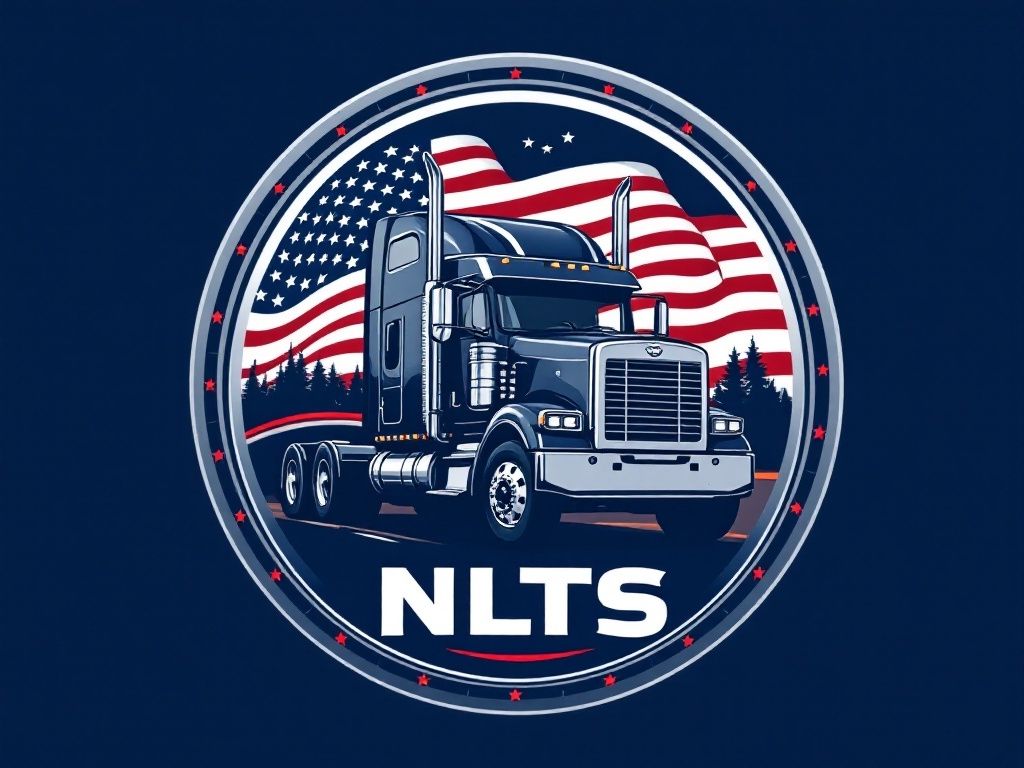Local Insights: The Impact of Georgia Regulations on Trucking Insurance
Understanding Georgia's Trucking Insurance Requirements
In recent years, Georgia has implemented a series of regulations that significantly impact the trucking industry, particularly concerning insurance requirements. For trucking companies operating within the state, understanding these regulations is crucial for compliance and financial planning. The changes aim to enhance safety on the roads while ensuring that trucking companies are adequately covered in the event of accidents.

Minimum Liability Coverage
One of the most significant regulatory changes is the increase in minimum liability coverage. Trucking companies in Georgia are now required to maintain higher insurance limits than before. This change was made to ensure that there are sufficient funds available to cover damages and injuries resulting from accidents involving commercial vehicles. The increase in coverage aims to protect both the trucking companies and other road users.
Specifically, the state mandates different coverage amounts based on the type of freight being transported. For instance, those carrying non-hazardous freight need to have a minimum coverage of $750,000, while those carrying hazardous materials may require up to $5 million in coverage.
Impact on Small Trucking Businesses
While these changes are beneficial for overall road safety, they pose challenges for small trucking businesses. Smaller companies, which may have limited financial resources, could struggle with the increased insurance premiums. This has led to concerns about the sustainability of small trucking operations in Georgia.

However, some industry experts suggest that these businesses can mitigate costs by shopping around for competitive quotes and working with insurance brokers who specialize in commercial trucking policies. Additionally, maintaining a clean driving record and investing in driver training programs can help reduce insurance costs over time.
The Role of Technology in Compliance
Technology plays an essential role in helping trucking companies comply with Georgia's insurance regulations. Fleet management software and telematics systems can provide valuable data that insurers use to assess risk more accurately. These tools can monitor driver behavior, vehicle maintenance, and route efficiency, which can all contribute to safer operations and potentially lower insurance premiums.

Moreover, implementing technology solutions can help companies maintain compliance with other regulatory requirements, such as electronic logging devices (ELDs) for tracking hours of service. By leveraging technology, companies can improve their operational efficiency while staying compliant with state regulations.
Future Outlook and Considerations
Looking ahead, it is essential for trucking companies to stay informed about any further changes to Georgia's regulations. The state government continues to evaluate the effectiveness of current policies and may introduce additional measures aimed at enhancing road safety and environmental sustainability.
For trucking businesses, this means maintaining an open dialogue with industry associations and regulatory bodies. Staying proactive in understanding regulatory trends will allow companies to adapt quickly and ensure they remain compliant while minimizing operational disruptions.
Conclusion
Georgia's regulations on trucking insurance are designed to safeguard both the trucking industry and the general public. While compliance can be challenging, especially for smaller businesses, understanding and adapting to these regulations is crucial for long-term success. By leveraging technology and engaging with industry experts, trucking companies can navigate these regulatory waters more effectively and continue to thrive in a changing landscape.
